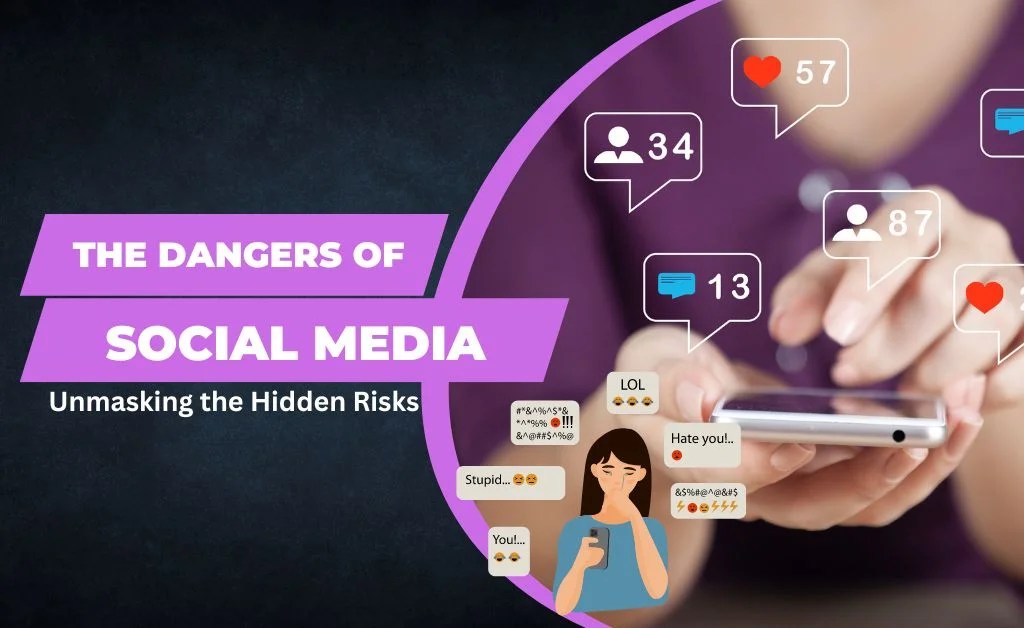Influencergonewilds The Hidden Dangers %e2%80%93 Dont Miss This Crucial Info Of Failing To Deliver On Your Brand Promise
She recognizes that forgiveness is difficult for many people, and even the term forgiveness has become loaded with expectations, guilt, and shame. Perhaps reframing forgiveness as “grudge management” creates more opportunities for people to explore these painful experiences and find healing. What if these difficult feelings are actually trying to teach us something?
Rupa Mahanti Quote of crucial information is extremely
With all of those reasons why forgiveness can be hard, why is it still in your best interest? This difficulty is partly because forgiveness is a largely emotional process—and emotions are tricky. Why do some people find it almost impossible to forgive themselves, even when they know it could ease their suffering?
A new study from flinders university explores this question, revealing how guilt, shame, and moral injury can trap individuals in the past while others manage to move forward.
You can never go back to the way things were before, and although you might forgive someone who wronged you, your opinion of them might be changed forever. It’s because forgiveness isn’t just about the other person — it’s about our own emotions, our sense of justice, and the wounds we carry. What if the challenge of forgiveness is really about our own healing more than anything else? Understanding why it's so difficult to forgive explores the complex emotions and challenges involved in the forgiveness process.
We find it so hard to forgive because while forgiveness is part of the healing process, forgiveness alone won’t fix the problem. Why is forgiving someone so difficult? As hard as it might seem to think about forgiving someone, truly forgiving someone can be liberating. Holding onto resentment can make you feel stuck as if you are bound by the chains of what happened to you.

Forgiveness is a personal choice and it takes time, effort and often, support from others.
There are emotional, mental, and spiritual reasons behind it. Forgiveness is often a more difficult process than people expect it to be. Forgiving those who have hurt us can be challenging. Forgiveness is one of the deepest teachings of the bible, but it can be extremely difficult to put into practice.
Keep reading to understand why forgiveness can feel so hard—and how letting go might be the best thing we can do for ourselves.

